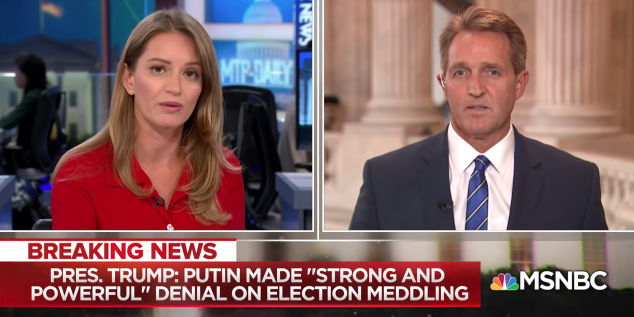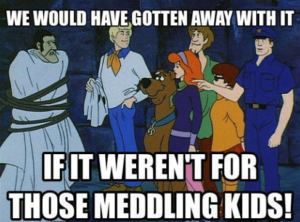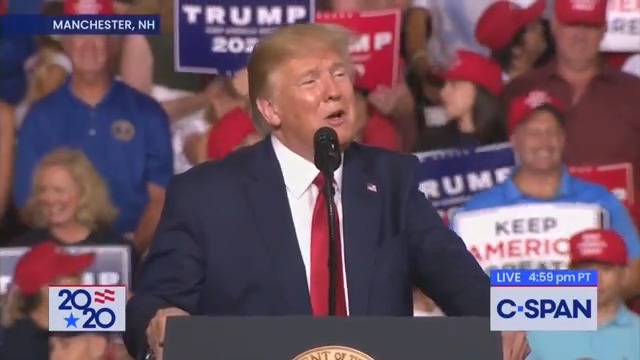Reality Check: Russia Didn’t Meddle. They Attacked Us.

The term “meddling” continues to be tossed around in reference to cyberattacks perpetrated by the Russian government against the United States. Here’s the problem: “meddling” is a decidedly lame and wimpy term that doesn’t convey the seriousness of Russia’s activities during the 2016 U.S. election.
And yet, President Donald Trump and his Republican allies appear to be warming up to the word. For almost (2) years now, conservative voices have openly doubted the findings of U.S intelligence agencies. Trump and his administration have repeatedly called the “Russian story” a hoax that was an excuse for losing the election.
All that seemed to evaporate following yesterday’s jaw-dropping reversal of the President’s remarks alongside Vladimir Putin in Helsinki. Looking like a weary hostage, Trump read from a prepared statement that said: “I accept our intelligence community’s conclusion that Russia’s meddling in the 2016 election took place.”
To be clear, Trump still seemed to waffle in his acceptance of U.S. intelligence: “I accept our intelligence community’s conclusion that Russia’s meddling in the 2016 election took place. Could be other people also. A lot of people out there.” (via ABC) pic.twitter.com/Gp4hzEbZBc
— Kyle Griffin (@kylegriffin1) July 17, 2018
For a brief moment, we felt relieved — my god, he’s finally come to his senses. But of course, Trump immediately cast doubt on his previous statement by saying “It could be other people also. There’s a lot of people out there.”
It’s curious to note that while Trump supposedly accepted the intelligence community’s findings of “Russia’s meddling” — the terms “meddle” or “meddling” don’t even appear in the Special Counsel’s July 13th indictment. Yet somehow, “meddling” has become an agreed upon byword across US media, acting as a lukewarm acknowledgment of Russian activities during the 2016 election.
Backpedaling Republicans are now insisting that Russia’s “meddling” didn’t impact the 2016 election in a material way. But let’s consider some of the accusations laid out in that July 13th indictment.
Several figures of note in the intelligence community have asserted that Russia’s activities resemble full-fledged cyber warfare. From my standpoint, it seems likely that Russia indeed planned and executed a psychological attack on the American people during the 2016 election using a tool they trust and cherish – the internet. Even Trump appointed Dan Coats, director of national intelligence, has ominously claimed “the warning lights are blinking red” with regard to Russian cyberattacks.
So does all that sound like simple meddling? No. This isn’t Scooby-Doo, Putin and the GRU aren’t meddling kids. It’s clear “meddling” is becoming a weasel word that allows Trump and his loyalists to minimize the seriousness of Russia’s activities during the 2016 U.S election.
Let’s be clear: no sane person wants to escalate tensions with Russia, and I’m not suggesting U.S. media should start cheerleading for World War 3. But what on earth should the United States do in response to Russian cyber aggression? The first step must be to start describing the problem with words that reflect the seriousness of the dilemma.








